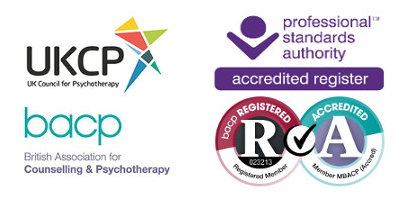Therapy for Developing a Better Work-Life Balance
- Do you find it increasingly difficult to separate your work and personal life?
- Are you putting in extra hours at work because there have been cutbacks and you’re afraid of being laid off?
- Do you use your smartphone to be on call when you’re not physically at work?
- Do you check emails in bed, and take work calls on the weekend and even on holiday?
Therapy for developing a better Work-Life Balance helps you to address your underlying issues, such as a tendency to workaholism, perfectionism and poor boundaries, at an appropriate level of depth.
Health Consequences of a Poor Work-Life Balance
The health effects of an unbalanced lifestyle are numerous, including:
- chronic illness
- increased smoking and alcohol consumption
- poor sleep patterns
- weight gain, with potential for damage to joints, high blood pressure, heart disease, cancer or diabetes
- depression, anxiety, irritability and damaged relationships
- psychosomatic and stress-related conditions affecting skin, digestion, immunity and nervous system
Yet, once on the treadmill of an intense, work-filled lifestyle, people can find it extraordinarily difficult to get off.
How To Improve Work-Life Balance Through Therapy
Enlightened employers realise that a work-life imbalance is not in their commercial interest, as it causes absenteeism, poor punctuality, reduced creativity and commitment, and low performance and productivity.
Such employers design work schedules that cater for their employees’ actual, varying needs. They know that staff who take ‘productivity pauses’ return to the task at hand with renewed vigour and focus. They set a good example by going home at a sensible hour to spend time with their family and friends.
Such employers are unfortunately quite rare. We live in an unrelenting, hurry-hurry culture in which people feel obligated to be overloaded and to burn out. There’s a mythology in our society about endless possibilities and limitless achievement.
Despite this challenging socio-economic context, therapy is able to help you manage your actions and reactions, regulate yourself and feel that you are in control of your life and able to ‘steer your own ship’.
The outcome of Therapy for a Better Work-Life Balance can be that you learn how to:
- ‘stall constructively’ when you’re asked to do something extra
- work ‘smart not long’, by means of tight prioritisation
- become more willing to delegate
- differentiate ‘good enough’ from ‘fabulous’
- end your workday without completing every work task and yet feeling satisfied
- include downtime in your schedule
- make a little time for the things that ignite your joy
- think about other interests, outside of work, that you will need to have when you’re older and maybe retired
- above all, set your own rules and harness the power of No – No to incessant emails, No to being an adrenaline junkie, No to being a martyr
Next Steps to a Healthier Work-Life Balance
The changes that you need may be much smaller and simpler than you imagine. Leaving the office earlier one night per week, or planning a weekend away with your spouse once a year, may be all that you need to do at this point in order to get yourself back on the right track. Contact Marcus for a chat about how Therapy for Work-Life Balance can help and what your goals would be in working with him.



